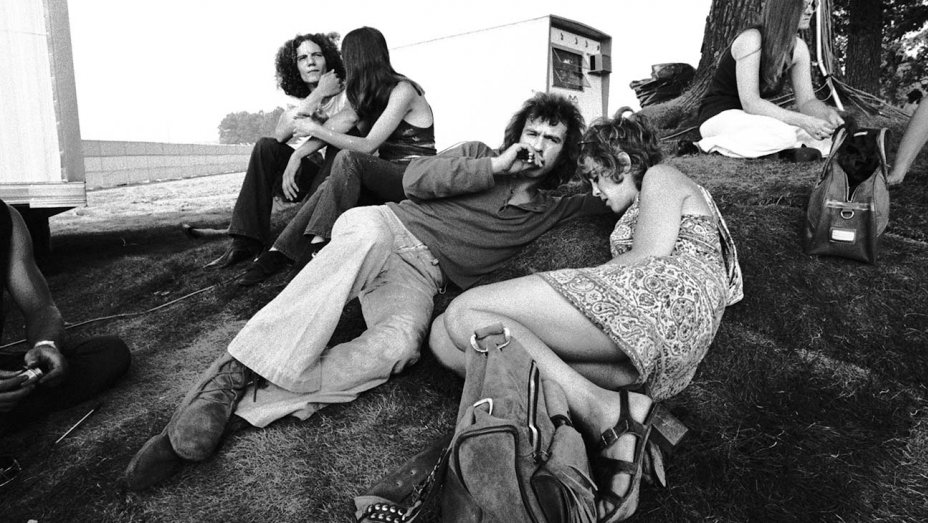By Laurie Coker
Rating: B+
Like so many others, music played a huge role in my life growing up. Important milestones, memories, and miseries are measured by the bands and singers who topped the charts and made their way into our world. I perhaps remember magazines like Rolling Stone and Billboard best, but CREEM, published first in 1969, defined many aspects of the music-focused journalism of the times and allowed music fans to meet their idols and live the music. Creem: America’s Only Rock ‘N’ Roll Magazine documents the story of a rag-tag band of people (businessmen and hippies) who pulled together to create a periodical worth reading. Director Scott Crawford uses archival footage and contemporary interviews to chronicle the history of Creem.
Alice Cooper, Joan Jett, Michael Stipe, Cameron Crowe, Paul Stanley, Gene Simmons, Kirk Hammett, Wayne Kramer, Chad Smith and a host of others play parts in Crawford’s telling and what we have it an homage to the Kramers, who created something special out nothing in a riot-rattled Detriot in the late 1960s. What began as an underground paper turned, at the hands of the Barry Kramer, into a driving force music magazine. Kramer, who died tragically and too young, started a fire that burns in music-lovers and artists today. Creem was the go-to for music news. Journalist Lester Bangs would play a key role in the rise of the magazine, but he, too, met an untimely death a year after Kramer.
Crawford does a fabulous job at weaving together the past with the present revealing the impact then and now, of Kramer’s vision. That both Kramer and Bangs died of drug overdoses is telling of the turbulence in the music world and the struggles of both artists and tellers of their tales. Working Kramer’s son JJ and magazine alumna Jaan Uhelzski, director Scott Crawford delves deeply into history and shares the stories of musicians and journalists alike. These journalists, in writing for Creem, forged relationships with the stars they followed, and these stories come out as Crawford shares anecdotes throughout the documentary and it feels wonderfully nostalgic.
Running at a brief 75 minutes, one can’t help but wonder what was left out of Crawford’s Creem: America’s Only Rock ‘N’ Roll Magazine. JJ, who was only 4 ½ when his father died, seems to want to share more, and perhaps he will find a way. After 20 years of publication, Creem stopped its press in 1989. Crawford’s documentary is worth a look and it is a stroll down musical memory lane for those of us who lived our lives sound-tracked by the music and artists of the 1970s. It earns a B+ in the grade book. Longer would be better.
